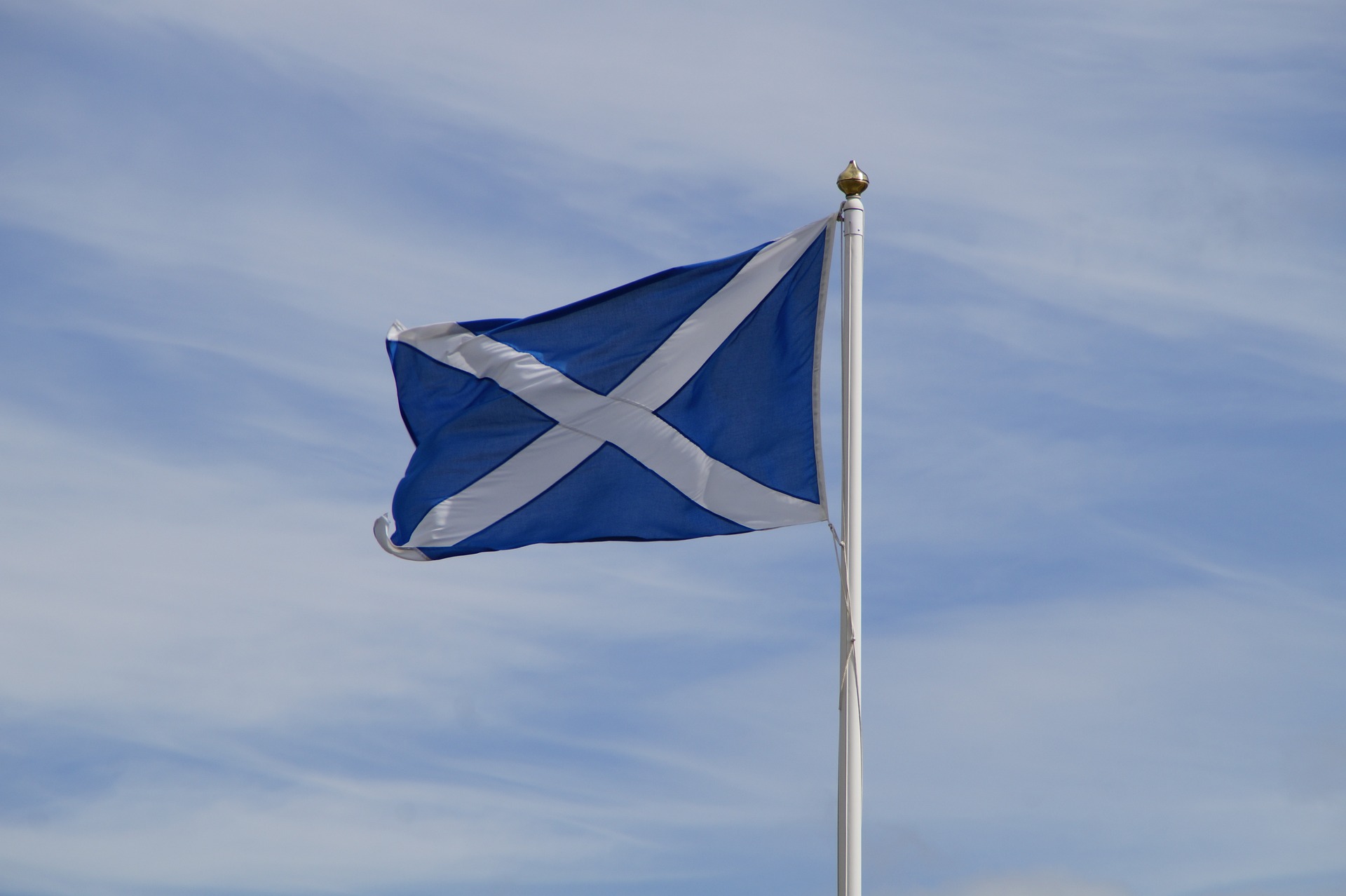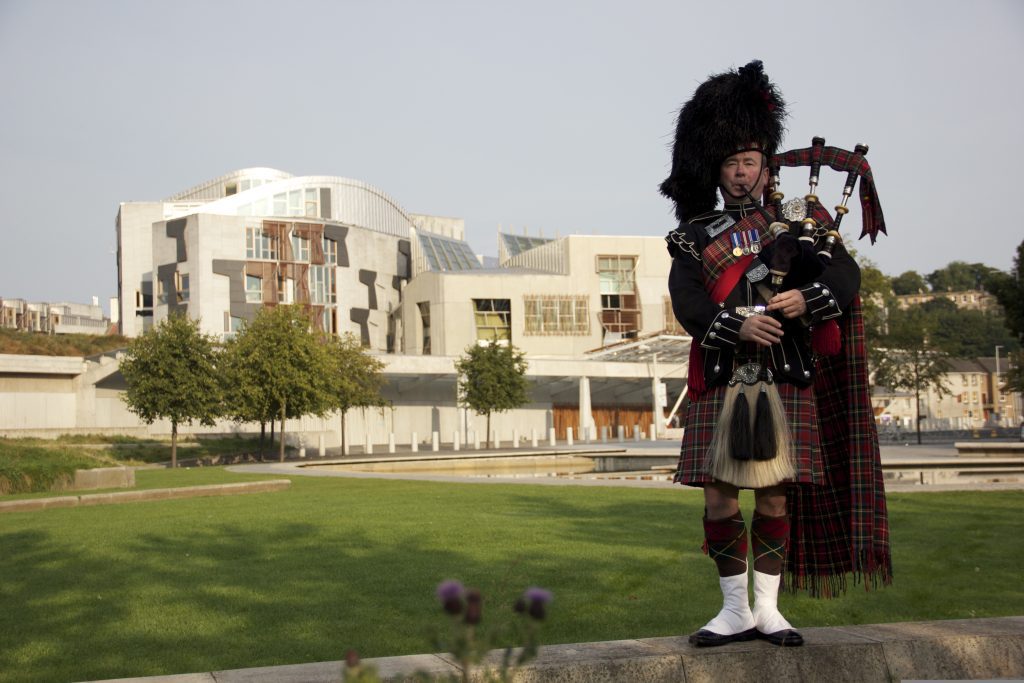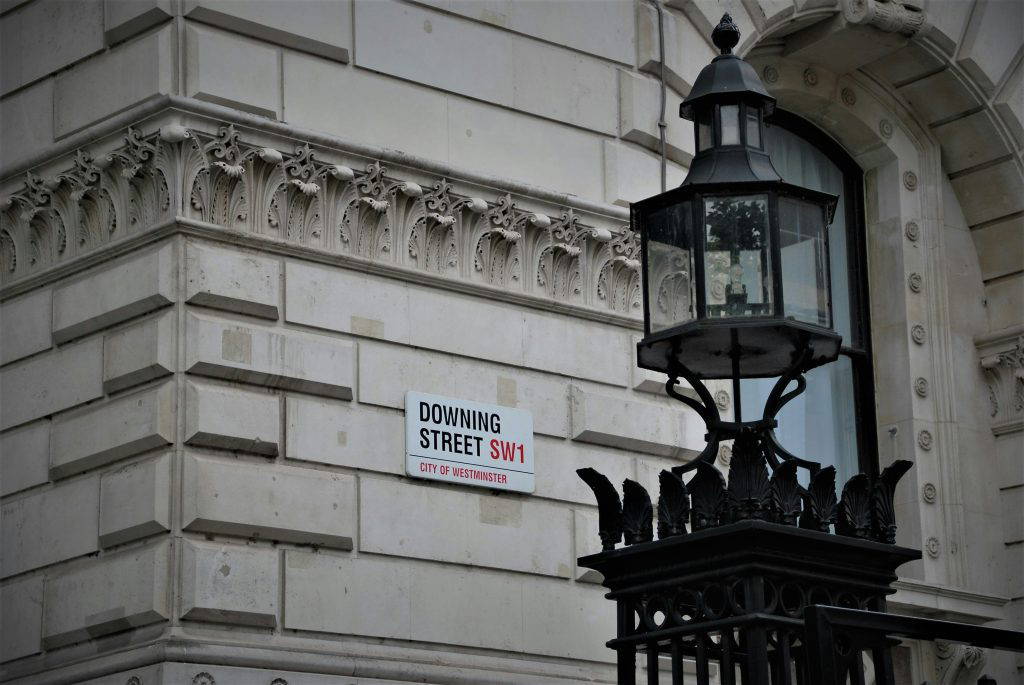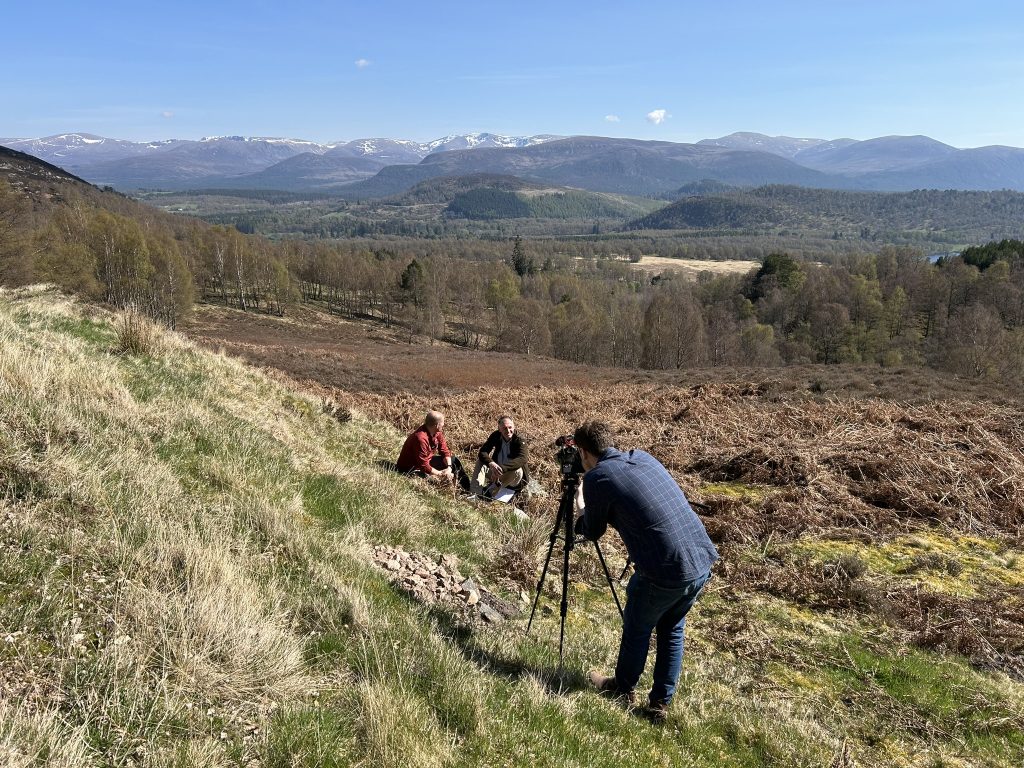When Labour won the Rutherglen and Hamilton West by-election last October, it described the result as ‘seismic’. So are we on the cusp of a political earthquake in Scotland that might cause a sudden mass extinction for the independence campaign north of the border? Director Neil Cuthbert stares into the political crystal ball to see.
It’s the polls, stupid
By now, we’re all used to UK polls showing Labour has a clear lead over the Conservatives. In fact, a recent poll for Ipsos Mori showed the lowest numbers of potential voters supporting the Conservatives ever (20%). Fans of the Chernobyl miniseries will remember after the reactor blows up, the Soviet technician in charge of the control room describes the situation as “not great, not terrible”.
In political terms, Conservative polling since Rishi Sunak took over has gone way beyond terrible and his approval ratings – which should actually be called disapproval ratings – are now heading below Liz Truss levels. If this is a political meltdown, it’s now reached the critical stage and all the red warning lights are well and truly flashing non-stop.
While SNP ratings are not quite at UK Conservative levels, their once-unchallenged dominance of Scottish politics under the leadership of Alex Salmond and Nicola Sturgeon has taken a hell of a beating. For Westminster elections, the SNP is currently neck-and-neck with Labour in the low 30’s, with projections for the Scottish Parliament showing them slightly above that. But while Labour support is concentrated in the urban central belt (where most Scots live), SNP support is much more evenly distributed around the country. This means the Westminster voting system could be kinder to Labour, with the party expected to make significant gains at the general election expected to take place in autumn this year.
Now there’s ane end o’ ane auld sang
It’s easy to forget quite how long Nationalists have been in charge at the Scottish Parliament. The SNP kicked out Labour and the Lib Dems to take power in a minority administration way back in 2007. The iPhone didn’t exist, Tesla was yet to bring a car to market, and members of the current Scottish Government cabinet had just started secondary school.
It’s never easy to imagine such a big change when the political establishment seems so settled in Ministerial offices and chauffeur-driven cars. But all the indications are that change is coming, and it’s going to start with Westminster.
Unlike the Tories and Labour, the SNP has never actually lost power before. It’s going to be a massive shock, and right now it seems like they don’t know how to prepare for that, let alone avoid it. But once many of their colleagues face the judgement of the electorate and are involuntarily back in the job market, reality is going to hit home and serious questions will be asked about how the current SNP leadership is performing.
Will First Minister Humza Yousaf face a challenge? Maybe. While Kate Forbes lost the bruising SNP leadership election, she is down but far from out. A terrible general election result might cause rebellious instincts on the SNP benches to come to the surface and force a rematch. Whoever wins will have to deal with an unmanageable party looking ahead to the next Scottish Parliament elections in 2026 with trepidation.
The only way is Edinburgh
So what could be in store for Scottish politics if the SNP loses power? The short answer is to look at the current situation in Edinburgh city chambers.
I expect SNP support will drop to the low 30s, with Labour slightly higher, perhaps 35% or more at the 2026 Scottish Parliament elections. This could lead to a scenario where Labour gets the most MSPs but cannot form an administration without the support of other parties.
The options are clearly limited. A grand coalition with the SNP is unthinkable and, for similar reasons, it’s hard to see Labour working with the Scottish Greens. That leaves the Lib Dems and the Tories.
Taking the Lib Dems first, it’s clear they see a future back in government with Labour. The problem is their support in Scotland is static, to say the least. I would expect their number of MSPs to stay the same (around 4) while the Greens could improve on their current 7 MSPs. That makes the numbers tricky and unless Labour support increases considerably (not impossible), a rerun of the 1999-2007 Lab/Lib pact seems unlikely.
So we are back to the Scottish Conservatives. Their electoral fortunes have always been closely tied with the UK party, and therein lies the problem now. Support for Conservative candidates in Scotland is always quite significantly below UK levels, so with the party nationally on its knees, this leaves the northern arm with big problems.
I would expect their MSP numbers to go down, but combined with Labour and the Lib Dems, this could give the numbers needed for a Unionist majority which could put a Labour First Minister in Bute House. However, Labour and the Lib Dems will oppose any sort of deal with the Conservatives. The party knows there is no chance they can support Nationalists in office, no matter what is on offer. So while being kept at arm’s length, effectively they will support a Labour and Lib Dem administration.
Which leads us up the Royal Mile to the Edinburgh City Chambers. The SNP and Greens are out, and Labour, Lib Dems, and Conservatives work together – sometimes in harmony, sometimes not – to keep it that way. So far, it works. Come budget time, the supporting parties get a few scraps from the table. For the Conservatives, that means more spending on fixing potholes in the roads and cleaning up the streets. Will it last? Probably, as for all the parties involved, the alternative to power sharing is worse.
So that’s my reading of what’s in store for Holyrood. SNP and Greens out and the others back in a loose coalition led by Labour. If Labour manages to resuscitate the UK economy, expect the spending taps to be turned back on after 2026. Until then, the SNP isn’t getting more cash. So an incoming Labour administration could have some instant wins and build bridges with parts of Scotland currently throwing sticks at the SNP.






